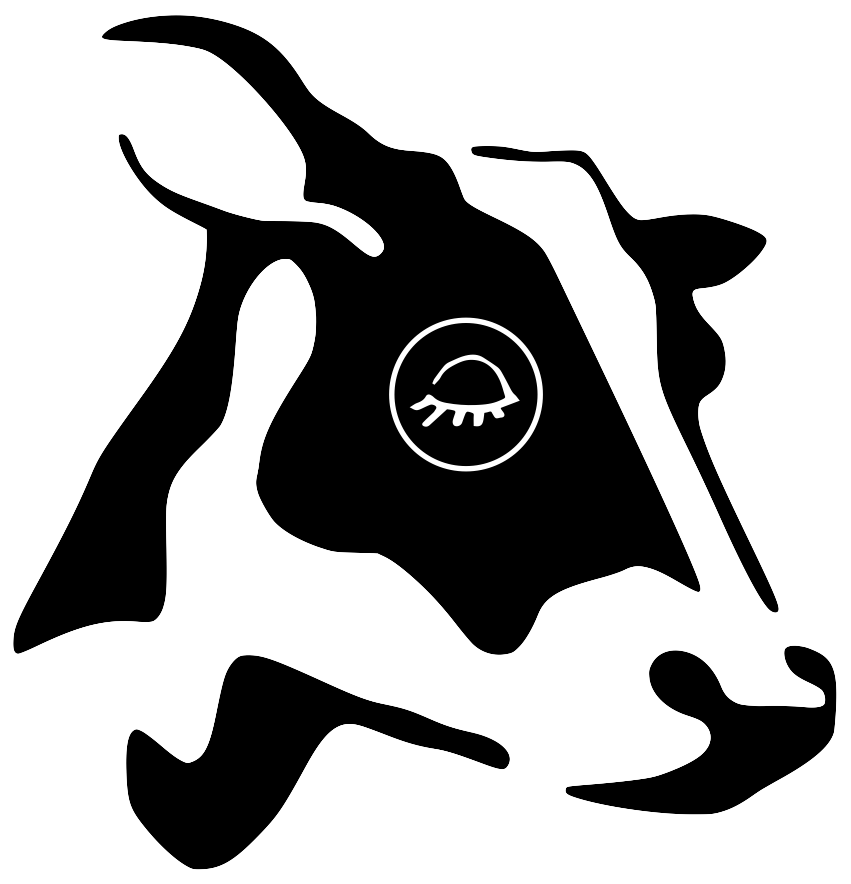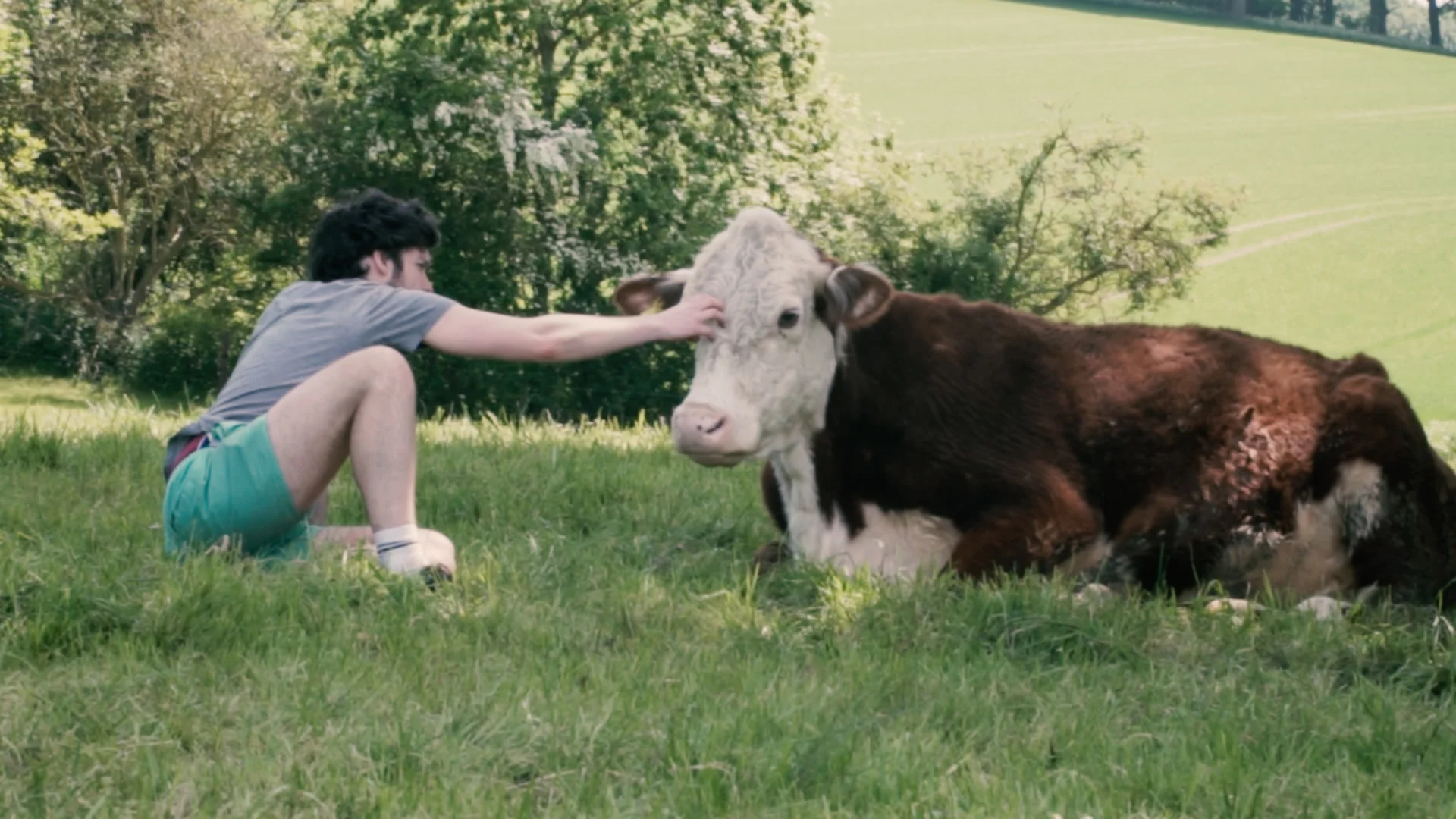Arguments For Beef Farming
Cows are special, because they can do something that most animals can’t.
Cows can eat only grass, and grow enormous.
In parts of the world where people have very little, cows are amazing - they can take seemingly useless, infertile grassland, and turn it into milk, beef, leather and even power to pull ploughs.
If you look at the Sahel region in Africa, where there are humans clinging to life with barely any resources, a cow is an incredible thing.
But in places where food is plentiful, industrial-scale farming of beef is not only a ridiculously inefficient way to make protein, it’s also normally very damaging for the environment.
(there are some methods of farming beef that can be beneficial to the health of the soil, but they’re expensive, and require a large amount of land)
Protein Density
Beef is a very protein-rich food, and for some people in the world, without eating beef, they might not be able to get enough protein...
...but for most of us this isn't the case.
In fact, if you’re reading this, you’re very possibly in a part of the world where almost 50% of food is thrown away before it's eaten.
Food being thrown away is the biggest tragedy when it's meat, because it's so expensive in terms of the burden it puts on the planet.
If you have meat, value it. Never bin it.
Cattle Manure As Fertiliser
It’s true that cattle manure makes for very good fertiliser, however, there are viable alternatives for a world that’s trying to fight climate change - check out the bottom of the page about soil.
Cows And Roots
When cows eat grass, there’s evidence that the grass puts down deeper roots, storing more carbon dioxide in the soil...
…but for this to happen, the grazing has to be non-intensive, controlled in mobs, and regularly rotated.
All too often, grazing is too intense, and the overall effect is that grassland is damaged more than it’s fortified.
Even in cases where the grazing is sufficiently non-intensive, the absorbing effect doesn’t even come close to offsetting all of the emissions from farming beef (despite numerous claims otherwise).
This is because, cows produce methane (a greenhouse gas 86x more potent than carbon dioxide over 20 years), and because if the beef farms didn’t exist, the land could often be reforest instead.
England, for example, used to be about 80% forest, before farming changed the landscape!
It’s true that some regions wouldn’t ever be forests. In these places there’s more argument for grazing cattle making up for some of their damage by causing deeper root growth…
…but do we have to use all grassland for growing our food, when we already have so much food?
Wild land is so important for supporting and protecting the marvellous biodiversity that surrounds us and is rapidly disappearing.
Elephants In South Africa
It’s a common argument that grasslands need grazers, otherwise the land gets worse, and people often talk about what happened in South Africa when elephants were removed from the grassland - the grasslands started turning to desert.
It is true that, in some parts of the world, grazers are important for the land… but actually, most experiments that remove grazers from the land lead to far more biodiverse, healthier “wild” land, which stores far more carbon.
So why is 41% of land mammal mass on the planet is cow?
Bioavailability
Many supporters of beef talk about the fact that beef has a greater “bioavailability” of nutrients.
That is to say that our bodies can get the amino acids, minerals etc. out of beef more easily than they can get it out of plants.
For some nutrients, this is true, but even where it’s true, beef is such an inefficient food source, that it’s still far better for the planet if you get your nutrients from eating more plants.
If you want to dig into the science on this, here is a good paper.



